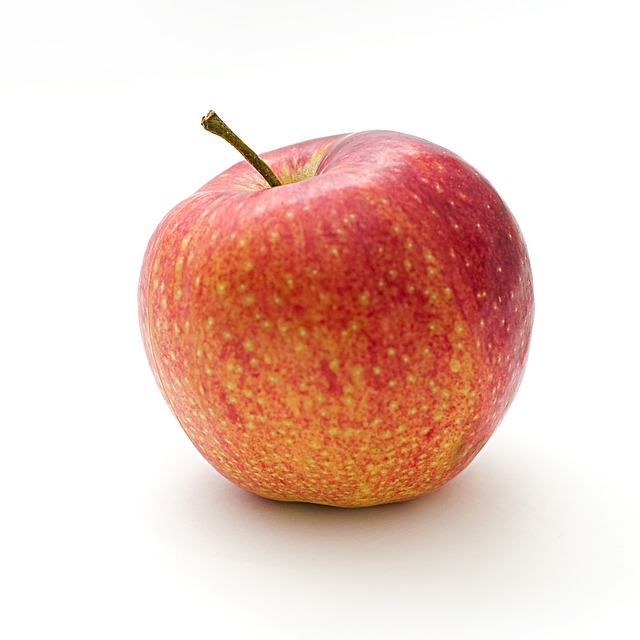Probiotics Unleashed: Discovering the Hidden Benefits for Women’s Health
Probiotics have gained significant popularity in recent years, and for good reason. These beneficial bacteria are known for their positive impact on gut health. However, their benefits extend far beyond just digestion. In this blog, we will explore the hidden benefits of probiotics specifically for women’s health.
The Power of Probiotics
Probiotics are live microorganisms that promote a healthy balance of bacteria in the body. They primarily reside in the gut and help maintain a diverse and thriving community of bacteria. By doing so, probiotics support optimal digestion and nutrient absorption. They also play a crucial role in strengthening the immune system and aiding in mental health.
Probiotics and Vaginal Health
One area where probiotics have shown promising results is in maintaining vaginal health. The vagina has its own unique ecosystem of bacteria, known as the vaginal microbiota. A healthy balance of bacteria in this area is essential to prevent infections and maintain overall well-being.
Studies have shown that certain strains of probiotics, such as Lactobacillus acidophilus and Lactobacillus rhamnosus, can help restore and maintain a healthy vaginal microbiota. These probiotics produce lactic acid, which creates an acidic environment in the vagina. This acidity helps control the growth of harmful bacteria and yeast, reducing the risk of vaginal infections like yeast infections and bacterial vaginosis.
Furthermore, probiotics can also alleviate symptoms of existing vaginal infections. Research suggests that regularly consuming probiotics or using probiotic suppositories may help reduce the severity and duration of conditions such as bacterial vaginosis and yeast infections.
Probiotics and Urinary Tract Health
Urinary tract infections (UTIs) are a common issue for many women. The good news is that probiotics may offer a natural approach to preventing and managing UTIs.
The primary culprit behind UTIs is the bacterium Escherichia coli (E. coli), which usually resides in the intestines but can also migrate to the urinary tract. However, certain strains of probiotics, such as Lactobacillus crispatus and Lactobacillus rhamnosus GR-1, have been found to inhibit the growth and attachment of E. coli in the urinary tract, reducing the likelihood of infection.
A study published in the Journal of Antimicrobial Chemotherapy showed promising results, indicating that regular consumption of probiotics can reduce the recurrence rate of UTIs in women. Incorporating probiotic-rich foods like yogurt, kefir, and sauerkraut into your diet can help enhance urinary tract health and reduce the risk of infections.
Probiotics and Hormonal Balance
Hormonal imbalances can affect women of all ages and lead to various health issues. Probiotics have been found to influence hormone regulation, which can contribute to improved overall well-being.
Research suggests that probiotics can modulate the activity of enzymes involved in estrogen metabolism. This modulation can help balance estrogen levels in the body, leading to improved menstrual health and reduced menopausal symptoms. Additionally, probiotics may assist in the production and metabolism of other hormones, such as serotonin, which impacts mood and mental health.
By maintaining a healthy gut microbiome with the help of probiotics, women can support hormonal balance and experience fewer disruptions in their menstrual cycles or menopause journey.
Incorporating Probiotics into Your Routine
Fortunately, incorporating probiotics into your daily routine is relatively simple. One of the easiest ways to introduce these beneficial bacteria is through supplementation. Probiotic capsules or tablets are available in various strengths and formulations, allowing you to choose a product tailored to your specific needs.
Additionally, including probiotic-rich foods in your diet can provide a natural source of these beneficial bacteria. Yogurt, kefir, sauerkraut, kimchi, and kombucha are just a few examples of probiotic-rich foods that you can enjoy regularly.
It’s important to note that not all probiotics are created equal. Look for products that contain specific strains known for their benefits to women’s health, such as Lactobacillus acidophilus, Lactobacillus rhamnosus, Lactobacillus crispatus, and Lactobacillus r







